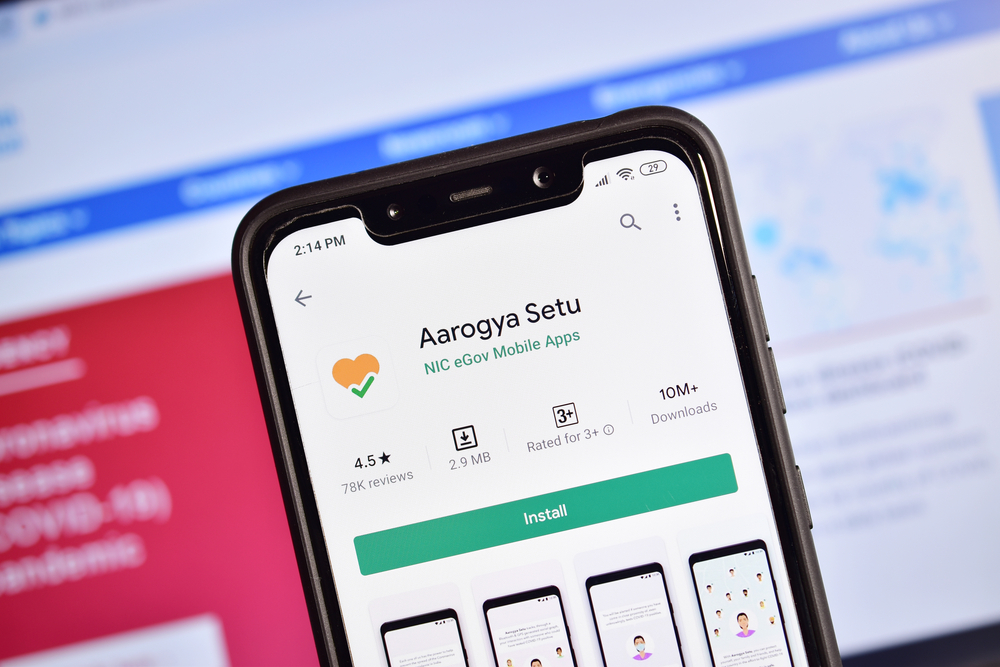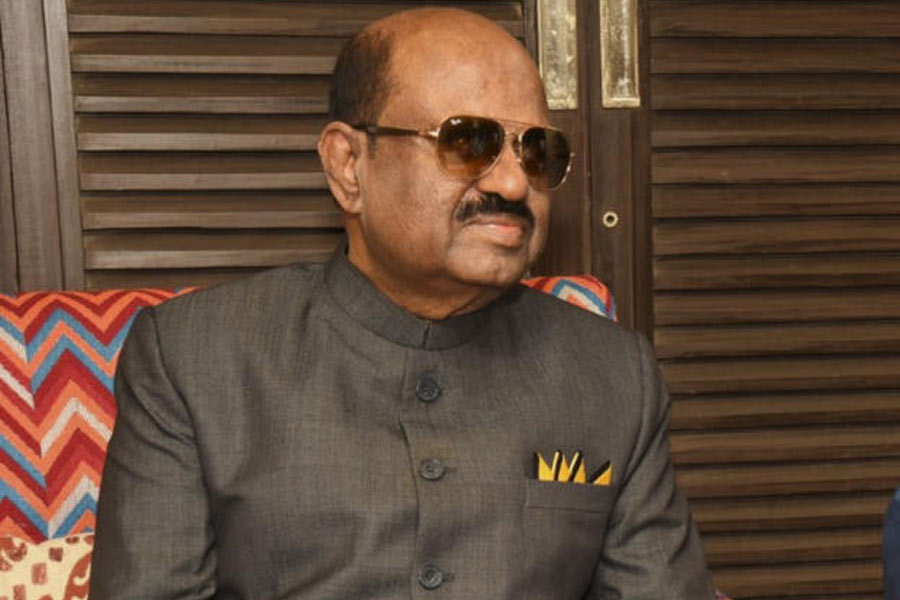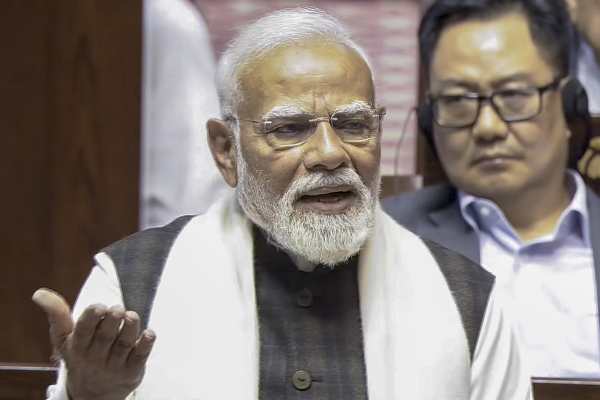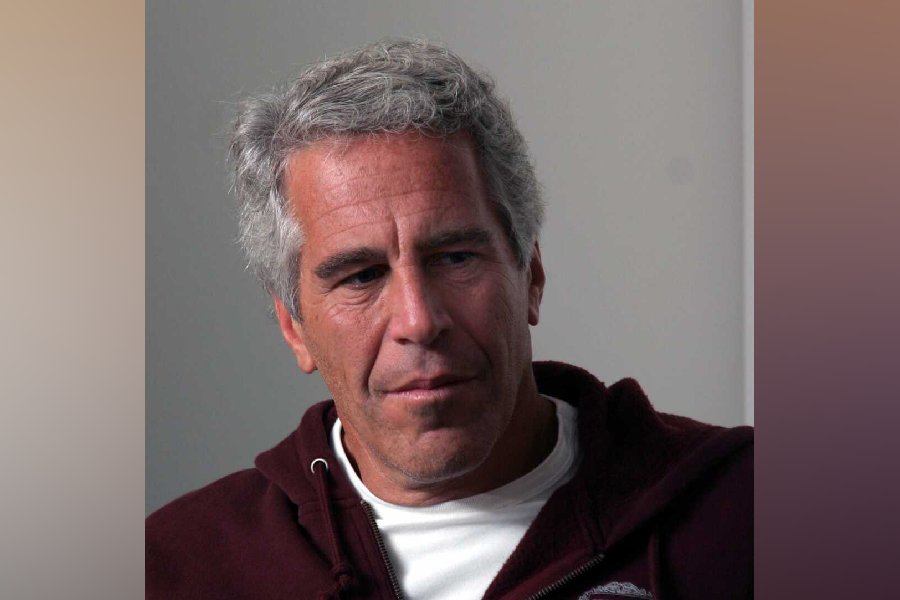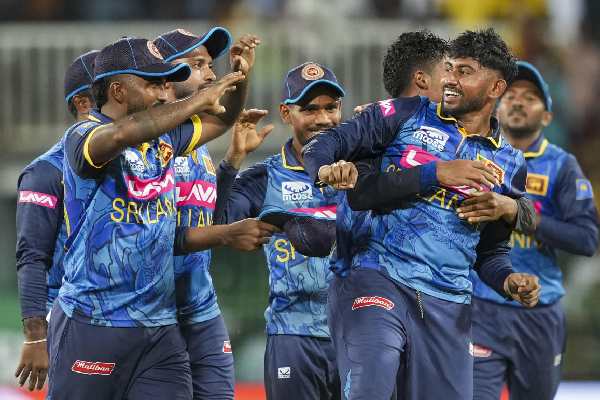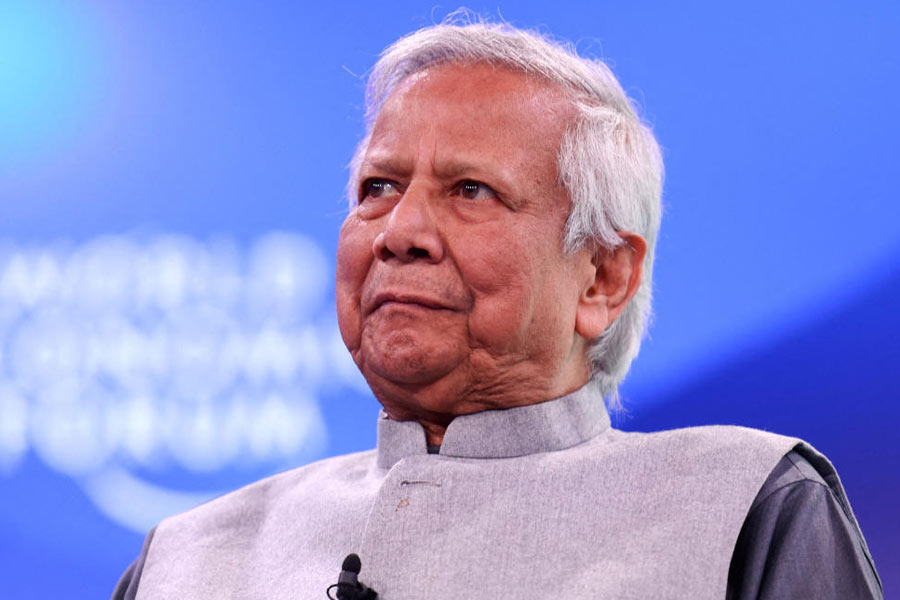The tussle between safety in a pandemic and the demands of privacy is not an easy one to resolve. The Aarogya Setu app was launched by the Union government to help in the Centre’s management of the spread of Covid-19. The data collected from registered users through the app would allow quick contact-tracing, isolation, containment and, presumably, treatment. India is not the only country taking recourse to such a method. Yet, as the Opposition keeps protesting, together with those concerned with privacy issues, Aarogya Setu is a method of surveillance with no built-in assurances regarding the kind of information being collected, its security, and its neutralization after Covid-19 has passed. Verbal assurances from the government that only health-related data are being collected — that would include identifying location, movement, those the user meets, time and place of such interactions — and that the information is being stored securely have not persuaded everybody. By making compulsory the downloading of the app for all public and private organization employees and everyone in containment zones under pain of penalties under the Disaster Management Act, the Centre has aroused greater anxiety instead of a sense of security.
It does not help that an “ethical hacker” has found holes in the app’s security and, unimpressed by the sweet show of cooperation by the government, has asked the Centre to stop denying and stop lying. He thinks, as do others, that the privacy of 90 million Indians is at stake. The fundamental problem is the government’s lack of credibility. Many would accept that technology that helps in quick contact-tracing and isolation would save numerous lives in this crisis, and some privacy can be sacrificed for this limited time. The government’s assurances are short on substantive points addressing concerns about unchecked surveillance; there is also no legislative protection. Singapore and South Korea, where similar technology was used to control the pandemic spread, formulated privacy laws with specific conditions for the use of contact-tracing apps during this crisis. Trust is gained by transparency. Supplying the source code of the app, for example, would allow computer engineers to check the nature and use of the data being collected, putting all doubts to rest. The government, however, is so far more interested in rhetoric and coercion than transparency and trust. The pandemic is useful leverage.

